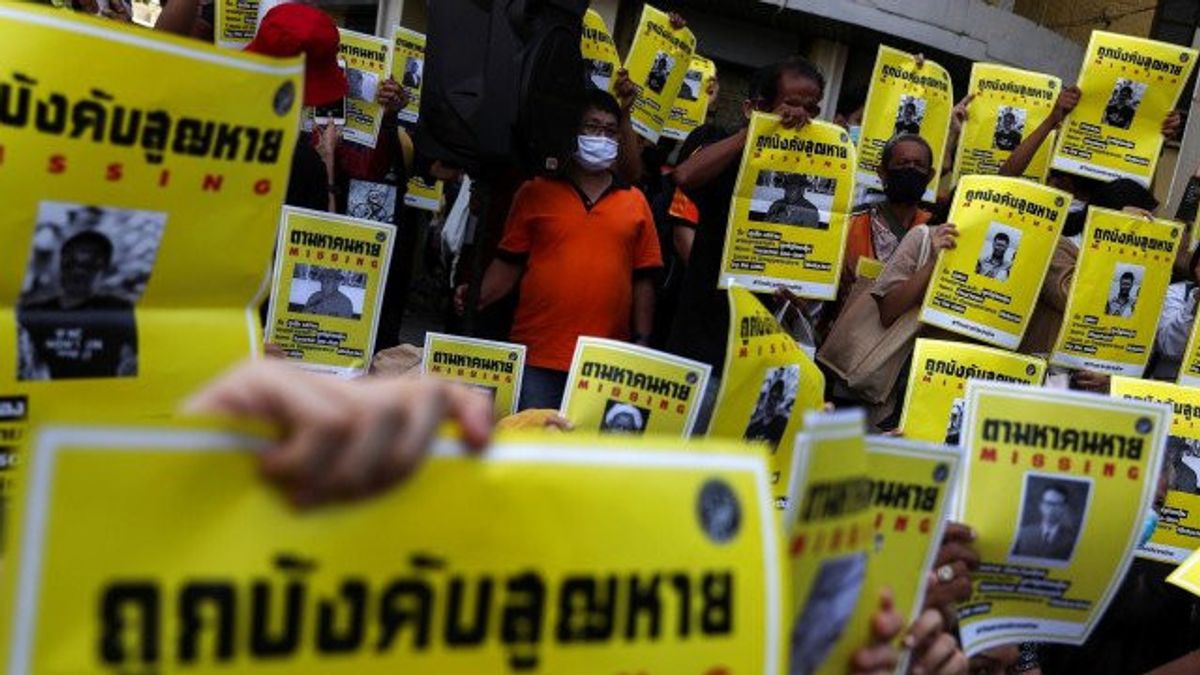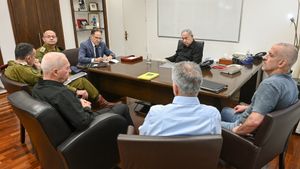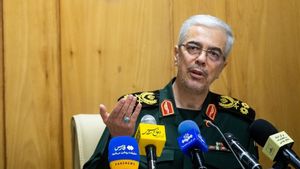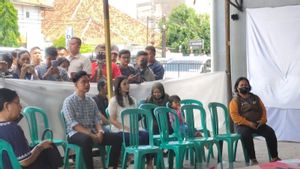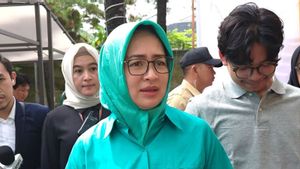JAKARTA - Prime Minister Prayuth Chan-ocha's power has become weaker as demonstrations and protests have become more widespread. However, Prayuth Chan-ocha's resignation was never the sole objective of the demonstration. Protesters said they would continue to demonstrate even if Prayuth resigned. Because, from the start, their aim was monarchical reform.
A Suan Dusit University poll, published on Sunday, October 25, showed more than 62 percent of participants expressed dissatisfaction with Prayuth as one of the objectives of the demonstration. The former military chief ruled Thailand for more than six years. Power fell to Prayuth in a coup in 2014. Prayuth then perpetuated power last year through elections held under his regime's own constitution.
Finally, Prayuth stressed that he would not resign even though the protesters proposed repeated deadlines. During a special parliamentary session this week, Prayuth said his government would restart in November, with one of the agendas being to continue the constitutional amendment process which had been stalled because members of parliament Prayuth said had a "short memory" problem.
"If I don't take power in 2014, what will happen?" he told parliament, Tuesday, October 27. “Will there be riots in Thailand? Have you forgotten all the things that happened before I entered? Have you forgotten all the chaos, all the corruption? "
In the midst of such a tight political process, the protesters recalled three main demands, one of which is the most crucial is to overthrow the political system engineered by the royal elite. That means, protesters will stay on the streets and public places for a more democratic constitution and stronger accountability for King Maha Vajiralongkorn.
"The protest movement will not end until we achieve our three demands," Jatupat Boonpattararaksa, a major leader at the protest. “Even if Prayut stops, someone like Prayut will replace him and we will come back to the same problem again. All changes in government, charter and monarchy need to happen at the same time, "he said by telephone, quoted by Japantimes.co, Wednesday, October 28.
Jatupat also emphasized that the protesters would not be complacent with short-term solutions. According to Jatupat, the Hong Kong demonstration was a valuable lesson for them. The protesters have even adopted Hong Kong's tactics to unbalance the police. A struggle that paid off as Prayuth later lifted the state of emergency in Bangkok.
Just as the Hong Kong protests demanding democracy threaten entrenched powers, the Thai demonstrators are trying to overturn the royalist elite that has run the country for most of its history. And when China manages to stem large-scale protests by adopting a repressive National Security Act, Thai leaders are potentially at greater risk with a more aggressive response.
The English, Chinese, Japanese, Arabic, and French versions are automatically generated by the AI. So there may still be inaccuracies in translating, please always see Indonesian as our main language. (system supported by DigitalSiber.id)
